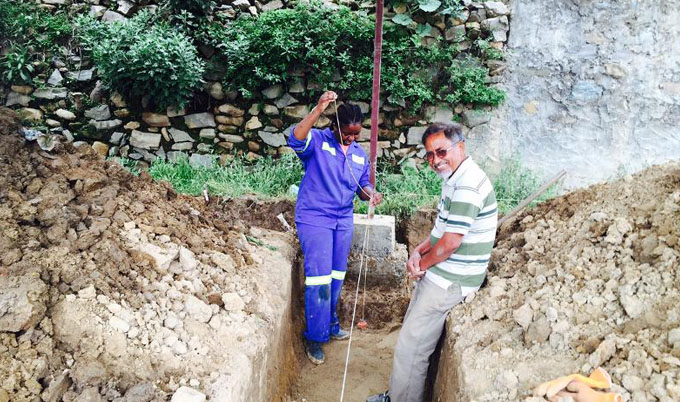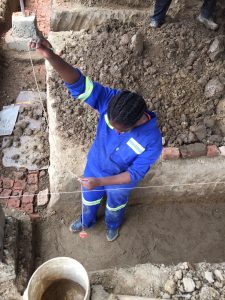Takudzwa Chipamaunga, a postgraduate student studying an MSc in Environmental Engineering, writes about the laboratory sessions involved in her degree and how these practical elements link to real issues
As part of the MSc Environmental Engineering course, I have attended several laboratory sessions, the most recent one where I had the chance to test the quality of River Tyne water. The laboratory facilities in the School gives one access to research equipment that is at the forefront of technology, which includes a range of apparatus for making measurements and investigating water treatment processes. I find that conducting experiments in the laboratory sessions, with discussions before, during and after the experiments an effective and enjoyable approach of moving from passive to active learning. I feel as if the active learning has exploited my natural curiosity about environmental affairs and what I enjoy about the sessions is that it gets me to think of the questions before they are answered during the experiments.
In general, the course has so far provided me with the scientific skills and the understanding of the fundamental chemical, physical and biological processes fitting for a practising environmental engineer. I have gained experience of practical analytical methods to evaluate pollution of the natural environmental and engineered treatment systems. I have so far developed a good understanding of sciences which reinforce Environmental Engineering and sustainability of the environment. I would now be confident to go out in the field upon completion of my course having gained this experience and I believe that the laboratory studies bridge the gap between analytical models and real environmental issues.


